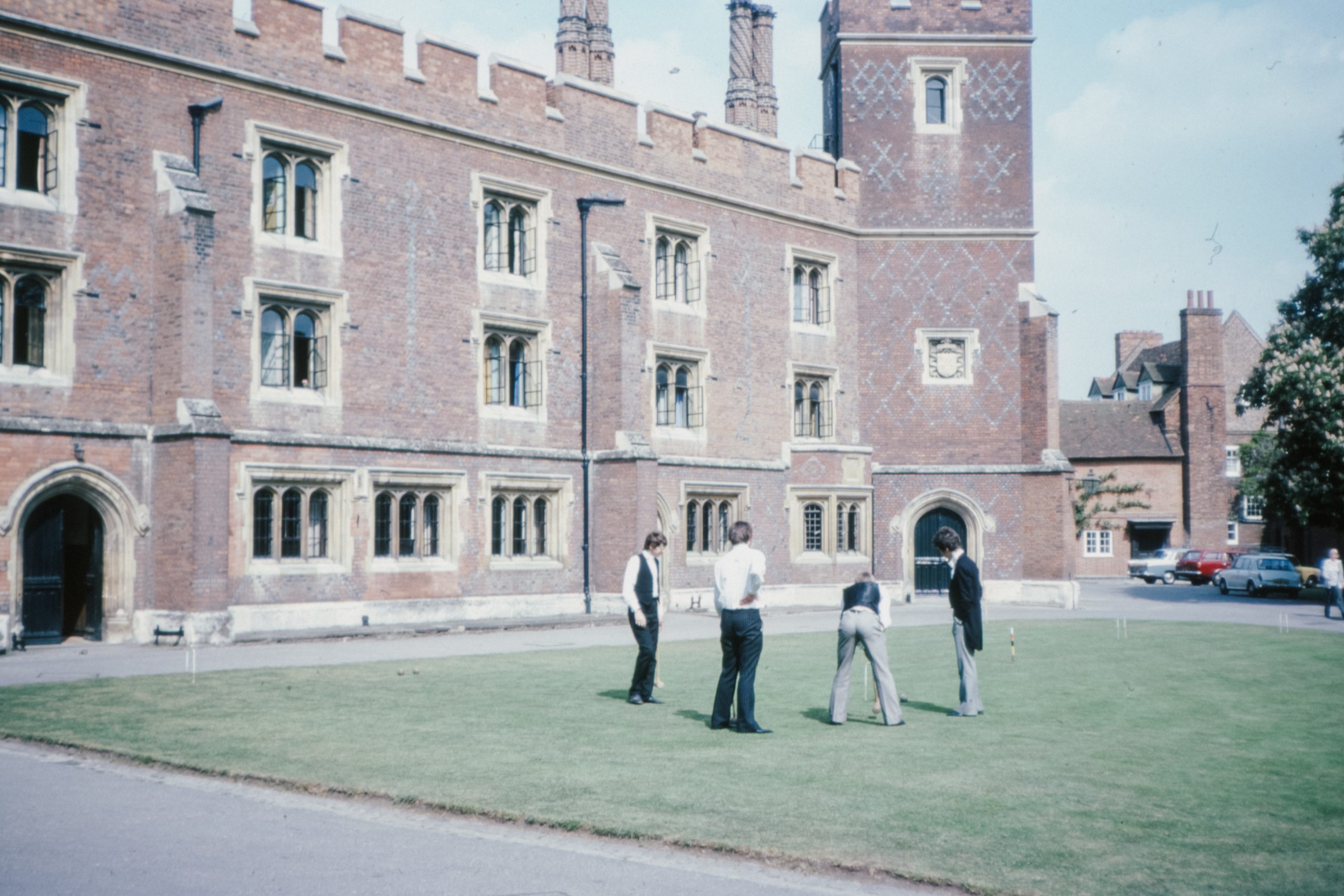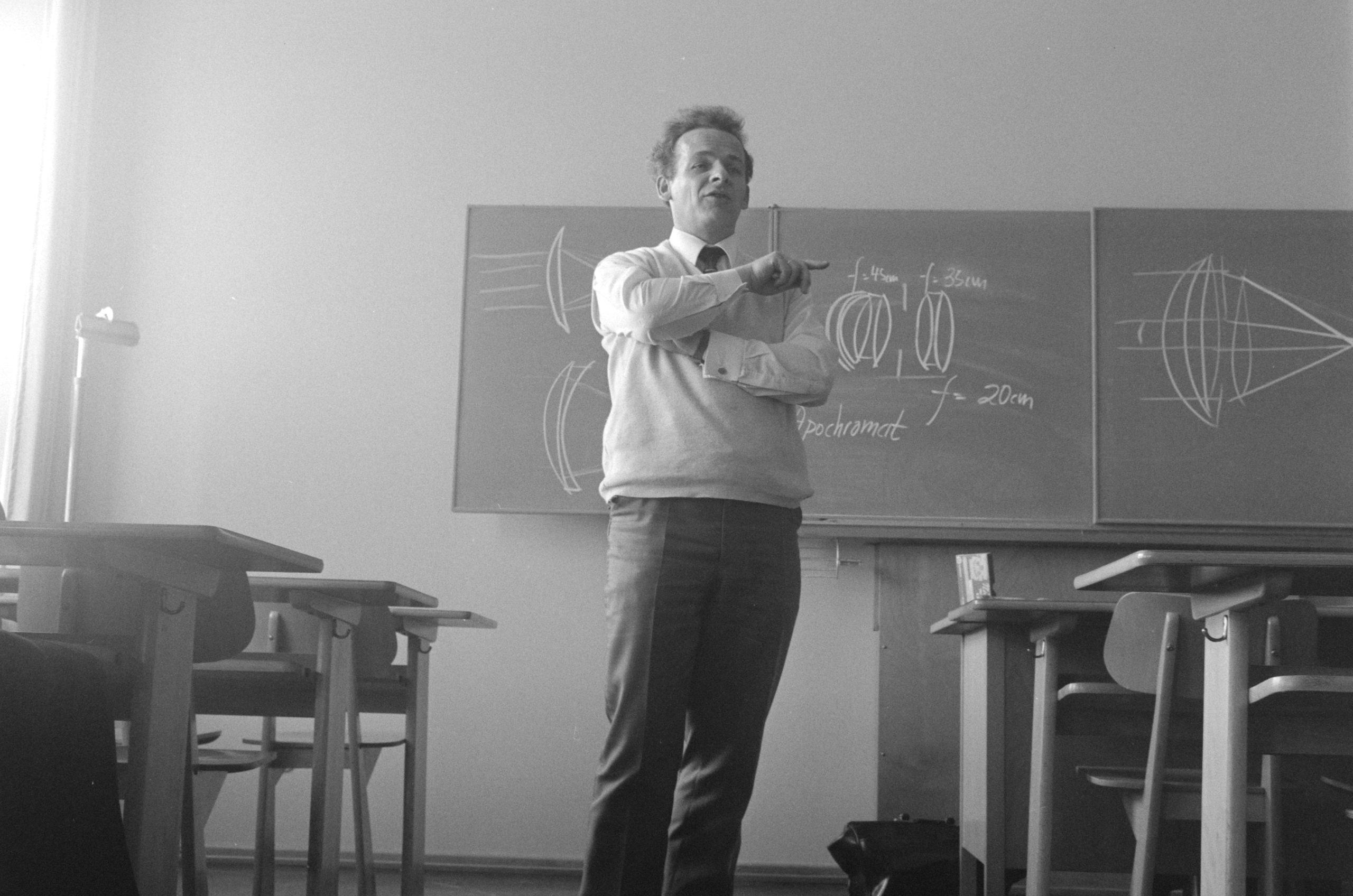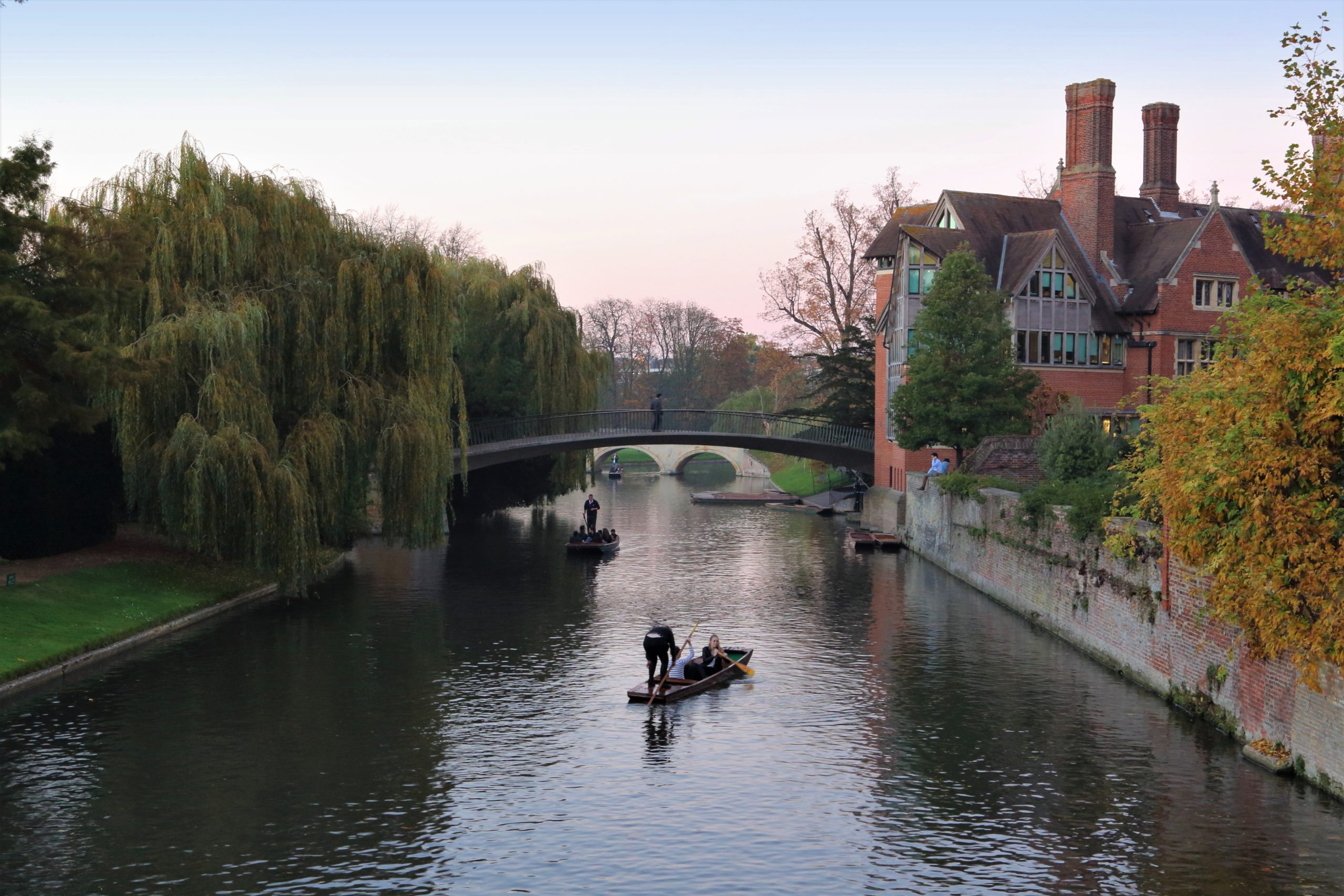She gave birth to her firstborn
She gave birth to her firstborn, a son. She wrapped him in cloths and placed him in a manger, because there was no room for them in the inn.
Luke 2:7
Sometimes, events happen that are so monumental, that nothing will be the same again. Back in 2001, whilst I was on holiday from university, I watched, live on television, the second plane crash into the World Trade Center, and the twin towers collapse. It was a deeply shocking sight, and I knew that this event would change the world for ever. Sure enough, as a consequence, we have found ourselves fighting in Iraq and Afghanistan. Security has been tightened up in airports and planes, as well as in our major cities.
We remember an even more monumental event on December 25th. On that day, we remember the birth of Jesus. This is without doubt the single most important event in the history of mankind. Even if you do not believe that Jesus was the Son of God, this event fundamentally changed the world forever. Jesus’ life and teaching have had a fundamental impact on the way in which we live our lives. Jesus is the most talked about person in the entire world. Even our system of dating has developed as a consequence of this event. If, however, you believe as I do that Jesus was the Son of God, then this event is even more significant, for at Christmas we remember the single greatest miracle in the history of the world – the birth of the Son of God as a man. This baby was no ordinary child; he was himself God. His teachings would go on to be the most well known and respected in the world. He would take our sin upon himself when he died on the cross. He would rise from the dead, conquering death itself.
For someone as significant as the Son of God, his birth was surpisingly ordinary. Not for Jesus a magnificent palace and the best medical care. Luke tells us that Jesus was not even born in an inn, but in a stable, surrounded by animals. He was placed not in a comfortable bed, but in an animals’ feeding manger. This is surely a surprisingly humble way for such an incredible person to be born.
As we celebrate Christmas in our comfortable homes, surrounded by those we love, it is worth remembering how Jesus was born. His life is a pattern for how we should live. Whilst we might not be called to live in stables, we are repeatedly called to live humble lives. Do we follow Jesus’ example? Or do we surround ourselves with unnecessary distractions from the gospel that we are called to follow?












Leave a Comment